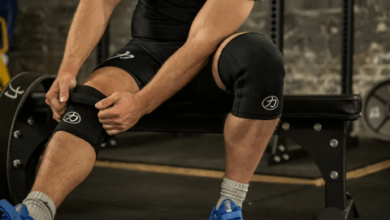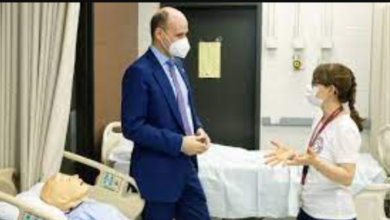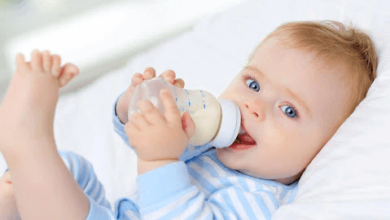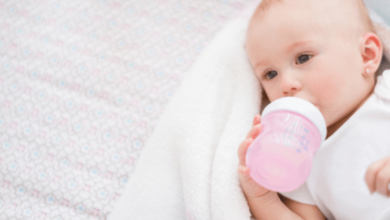HIV Transmission And Prevention
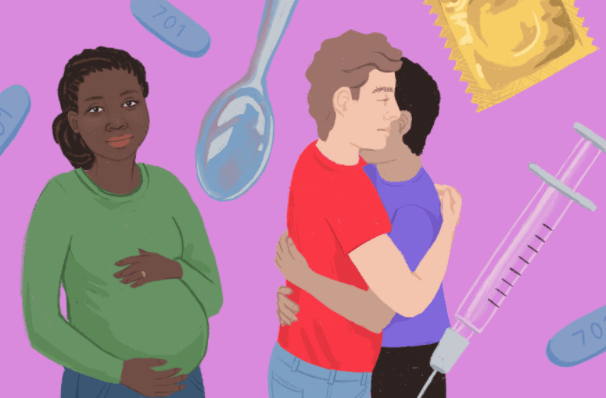
HIV or human immunodeficiency virus is a virus that causes AIDS-acquired immunodeficiency syndrome. It is an infection that affects your immune system in quite the worst manner. When HIV causes the virus, it attacks the helper T-cells or immune cells. Therefore the virus replicates itself and damages the immune system.
HIV affects your immune system, which can not provide any more protection against infection. If the viral load increases and takes a toll on your immune system, you may have multiple infections that can become life-threatening.
HIV is common among people who have multiple sex partners. It is because it spreads from one person to another through sexual contact. However, certain medications and prevention tips can help prevent the spread of HIV. First of all, testing is very important to know whether a person is HIV positive or not and this can be done with the help of a rapid hiv test kit.
If you are at increased risk of developing HIV, you must remain in follow-up visits with your healthcare provider. To get an expert opinion, you can consult with a Gynecologist in Lahore.
How Is HIV transmitted?
HIV is contracted through bodily fluids. If the body fluid of an infected person enters the body of another person or gets in direct contact with the mouth, vagina, mucus membrane, or opening of the penis, the infection can be transmitted to another person.
Bodily fluids that can play a role in transmitting HIV from an infected person to a healthy are:
- Breast milk
- Semen
- Vaginal fluid
- Blood
- Pre-seminal fluid
- Rectal fluids
The common route of HIV infection often is anal or vaginal sex. However, it is also transmitted through sharing syringes, razors, or other equipment for drug injection such as heroin, steroids, and hormones.
The less common but possible ways of HIV transmission are:
- An infected mother can pass it to her kid through vaginal delivery, breastfeeding, and during pregnancy.
- Oral sex, especially if it includes ejaculation.
- Getting exposed to infected and open mouth sores through deep kissing or eating food that has been pre-chewed by the person having HIV.
- If a needle stick injury happens to the healthcare provider while dealing with the HIV-positive patient. Healthcare providers are advised to exercise a lot of caution while taking care of HIV-positive patients.
- Unscreened blood transfusion- often happens when blood is being administered to various patients at a time when a mass disaster occurs when there is not enough time to get screened. However, it is a problem in underdeveloped areas. In the majority of parts of the world administering unscreened blood is not a practice nowadays.
- You can not get HIV through sweat, saliva, or tears, nor can you get it through social acts such as hugging and kissing. However, a lip to lip kiss can become a source of infection transmission if it is too clingy and deep and the infected person has open sores in their mouth.
- You can also get HIV if you get a tattoo done from unsterilized syringes. It can happen because if the infected person gets it done, the needle gets in contact with their blood, and now if it gets in contact with your blood, eventually it leads to HIV transmission through blood.
What Are The Risk Factors For HIV?
Factors that can increase the risk of HIV are:
- Having a sexually transmitted infection such as syphilis, chlamydia, gonorrhea, and genital herpes.
- Having more than one sexual partner and involving acts such as unprotected anal or vaginal sex
- Giving favors of sex in exchange for money or drugs
- Sharing needles for injecting drugs such as heroin, hormones, or other steroids.
What Can You Do To Prevent HIV Transmission?
Tips to prevent HIV are:
- Get tested for sexually transmitted infections and encourage your partner to.
- Every time you have vaginal or anal sex, use a condom.
- Start pre-exposure prophylaxis right away if you are at risk of it.
If you are at increased risk of getting HIV, you can visit oladoc.com.


